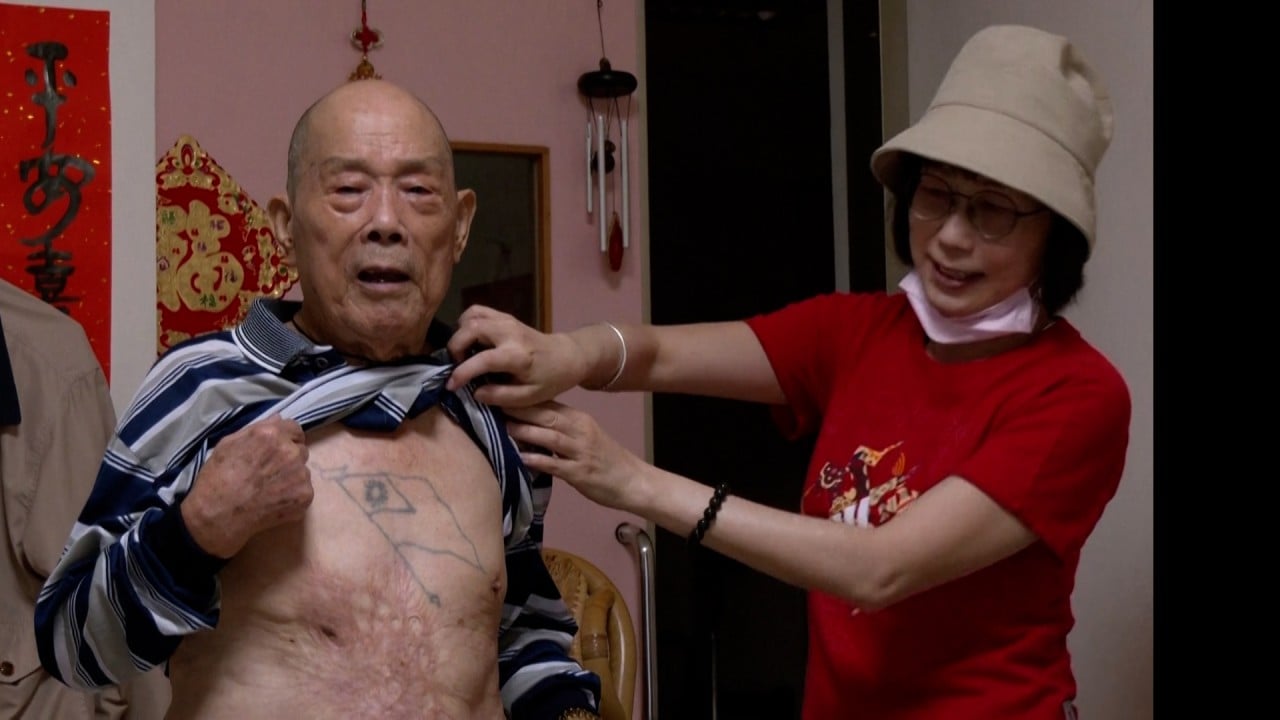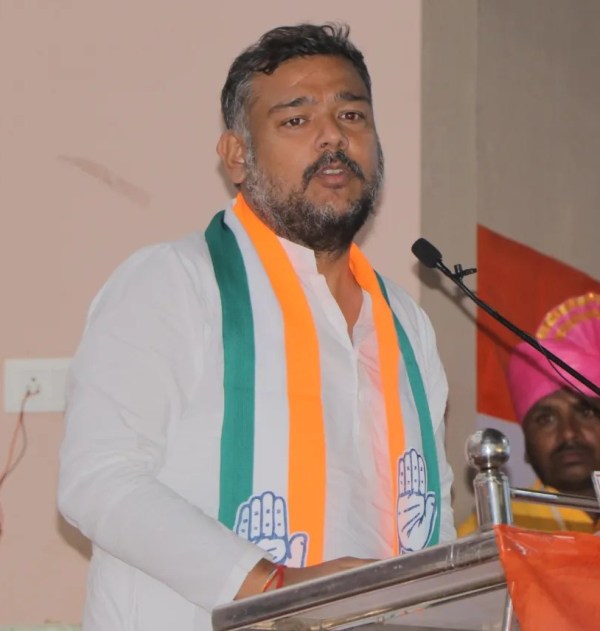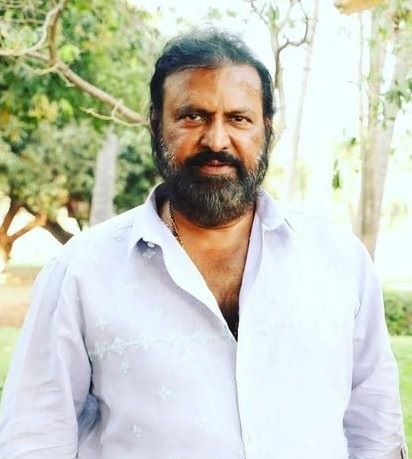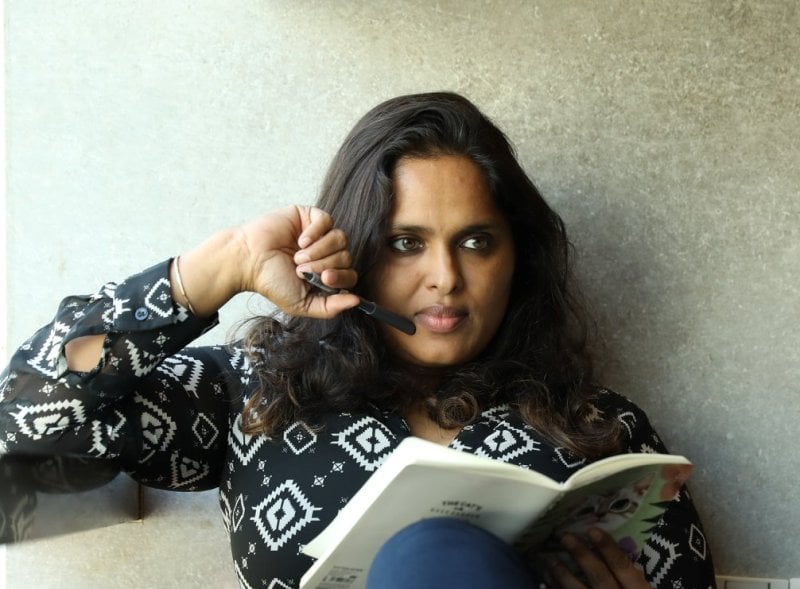Taiwan election candidate William Lai says KMT’s embrace of ‘one China’ is dividing the island » Today Latest Stories

He said the KMT was anti-communist, but senior party figures such as party chairman Eric Chu Liluan and former President Ma Ying-jeou — known for his efforts to engage Beijing — are now trying to appease mainland China.
First, instead of confronting the communists, they were now friends with the communists. “Secondly, while they claim that they will protect the Republic of China, at the same time they oppose arms purchases and even boycott the localization of our national defense.”
The Kuomintang – which once controlled mainland China as the government of the Republic of China – was defeated in a civil war with the Communist Party in 1949 and fled to Taiwan where it set up a provisional government.
It had vowed to one day reclaim mainland China, but abandoned that in the 1970s after the death of leader Chiang Kai-shek. His son and successor, Chiang Ching-kuo, then shifted focus to building Taiwan.
The KMT supports the one China principle – the understanding between Beijing and Taipei that there is only “one China” but each side has its own interpretation of what that means. But the ruling Democratic Progressive Party refuses to accept this principle, and as a result relations with Beijing – which sees the island as part of its territory – have deteriorated under Tsai Ing-wen, Taiwan’s current president.
Lai said the KMT ignored the fact that Chinese President Xi Jinping no longer accepts the existence of the Republic of China and that Xi has pledged to bring Taiwan under Beijing’s control.
He also said that the KMT was trying to intimidate voters by suggesting that they had a choice between “war or peace” – and that a DPP victory would mean war with Beijing, while a KMT victory would bring peace to the island.
Beijing blames Taiwan’s trade moves on the ruling party’s stance on independence
Beijing blames Taiwan’s trade moves on the ruling party’s stance on independence
Lai described his main rival as a political “outsider” and said that all of Hu’s policies and views during the campaign came from the Kuomintang and its leaders, including Ma and Zhou.
“Hu’s victory would mean the return of one-China power and corruption, which would undermine Taiwan’s future,” Lai said, referring to corruption in the Kuomintang when it was in power.
In response to Lai’s allegations on Wednesday, Hu said there was nothing wrong with promoting the peaceful development of cross-Strait relations.
“I said that the Constitution of the Republic of China is the sacred mountain to protect (peace) across the Strait,” Hu said, adding that Taiwan independence called for by Lai would make peace impossible to achieve.
Beijing did not rule out the use of force to bring Taiwan under its control and warned that any attempt at independence would lead to an attack.
Washington – Taipei’s unofficial ally and largest arms supplier – has asked Beijing to stop interfering in Taiwan’s presidential election and to refrain from using military exercises near the island to intimidate voters. The United States, like most countries, does not recognize Taiwan as an independent state but opposes any unilateral change to the status quo across the Strait.
The presidential elections in Taiwan are scheduled to be held simultaneously with the legislative elections on January 13. Lai is currently leading in the opinion polls, followed by him and Ko Wen-ji, the former mayor of Taipei and chairman of the Taiwan People’s Party.








